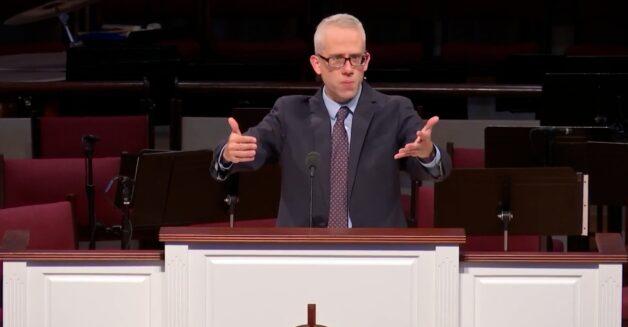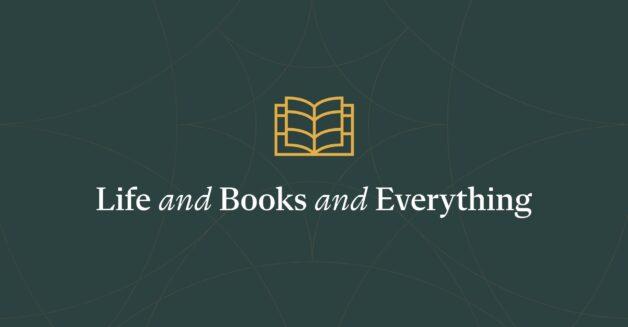Identity Questions
In every age of the church, you can trace over the centuries that different time periods have different core doctrines that really come to the fore. In the early church, they’re wrestling with the Trinity and the person of Christ. In the Reformation, justification. Maybe in the last century, it was inerrancy.
There’s no doubt that the issue at the forefront right now has to do with anthropology: the doctrine of man. Who are we? In one sense, to talk about identity is fine and good and necessary. If we mean by the doctrine of man, Who are we? Why are we here? What’s our nature? What are we like? What’s our purpose?* Christians and other people have been asking all of these questions and will always ask them. That’s important.
But sometimes when we talk about identity, we’re really thinking in a way that’s disconnected from God or disconnected from the Bible. Instead of having a voice from the outside to tell us something about ourself, the question of identity is often self-referential. It assumes human autonomy. It’s almost gnostic. That’s an ancient heresy. Gnostic is a Greek word for knowledge. So the idea was you have to find some secret knowledge and that is your salvation. Or, it’s something that the rest of the people don’t know.
Self Anchored in God
Well, so much of modern thought—really just in the air we breathe—is a kind of gnostic system where you need to find the divine spark deep within. You have to find your truest identity in self. And so the questions around identity in themselves can be good. In fact, they can be necessary.
Sometimes when we talk about identity, we’re really thinking in a way that’s disconnected from God or disconnected from the Bible.
But the way that our world shapes and steers us on that quest for identity can be dangerous because it’s often without reference to God, without being anchored in his Word. And it often assumes that we are the makers of our own identity—that we get to define who we are.
And if someone prevents us from living out our own sense of self and our own sense of identity, then that’s just not a disagreement, that’s a fundamental strike at my very personhood and my worth. So there are a lot of ideas that get wrapped up in this search for identity. To ask the questions about the human person is good, but to seek for identity with ourselves as the reference point is fraught with danger.



